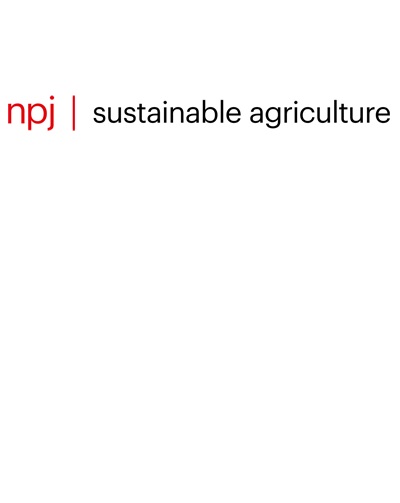This paper examines trends associated with commercial agriculture expansion in South America. It emphasises soybean and oil palm expansion associated with food, feed and biofuel markets, paying particular attention to their economic, social and environmental implications. The paper examines two cases in detail: expansion of soybean production in Brazil (with its epicenter in Mato Grosso) and oil palm expansion in Colombia. The crops generate economic benefits and multiplier effects for the broader economies in the two countries. At the same time, the business models for soybean and oil palm, as well as the institutional and economic conditions facilitating the expansion, have interesting differences. Multiple factors drive the expansion of soybean and oil palm, including policy incentives, market conditions, improved technologies, more roads and changes in tenure. Together, these factors have led to a vigorous expansion of the agribusiness in South America. The outcomes of this expansion are still under debate. In some cases, it has generated additional earnings for local and national economies and helped develop processing industries down the value chain. In other cases, it has contributed to land concentration and favoured traders and industry owners at the expense of smallholders. In addition, land conversion has created more homogeneous landscapes linked to adoption of large-scale mechanised and capital-intensive agriculture. Due to the lack of empirical evidence, it is difficult to argue that economic gains have outweighed environmental and social costs. A more nuanced analysis is required to devise development pathways that can improve distribution of social and economic benefits without high-carbon emissions.
Download:
DOI:
https://doi.org/10.17528/cifor/003776
Pontuação Altmetric:
Dimensões Contagem de citações:

Ano de publicação
2012
Autores
Pacheco, P.
Idioma
English
Palavras-chave
biofuels, case studies, commercial farming, crop production, deforestation, economic impact, environmental impact, income, land use, livelihoods, multipliers, oil palms, social impact, soyabeans, sustainability
Geográfico
Brazil, Colombia



















